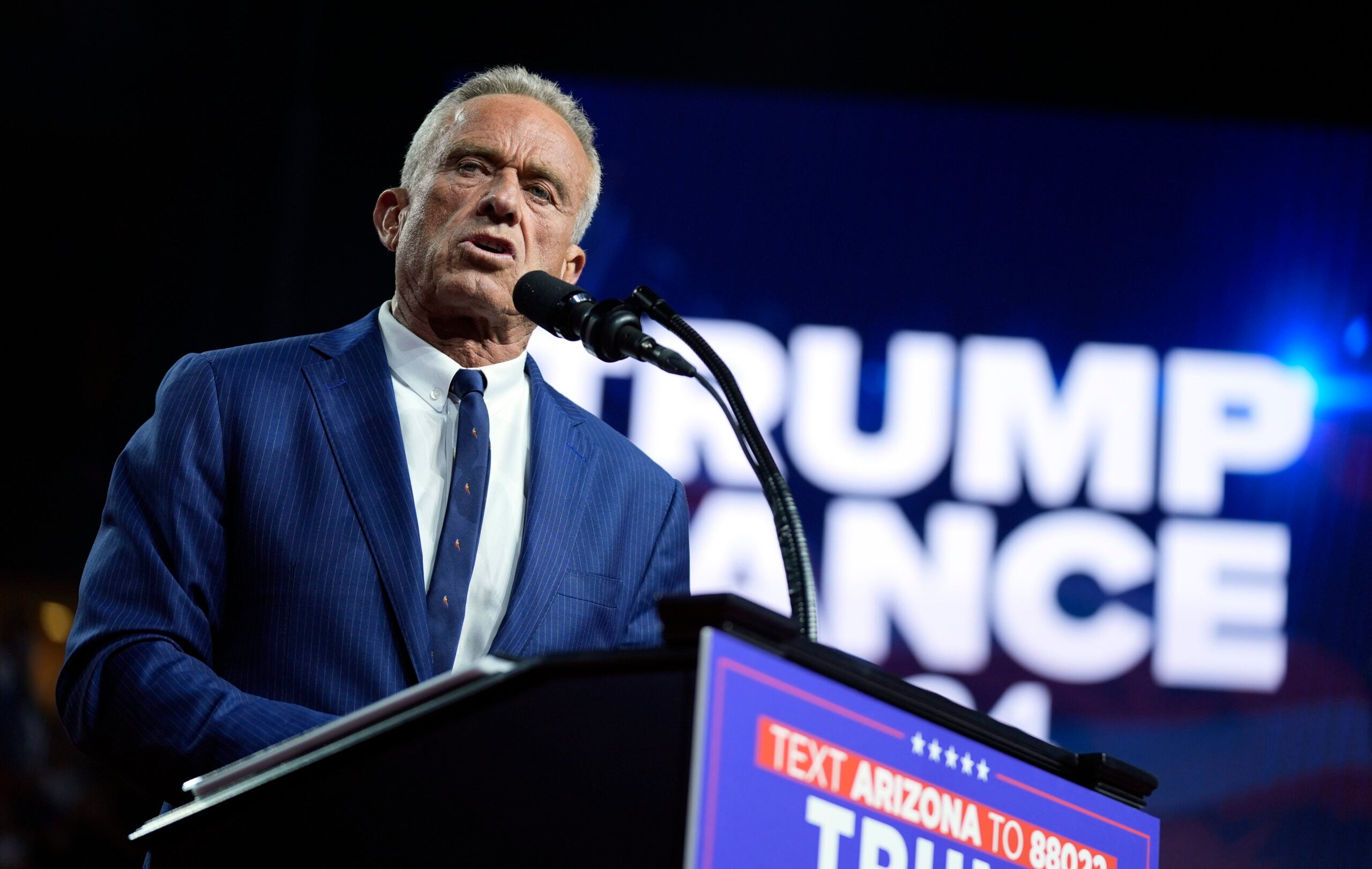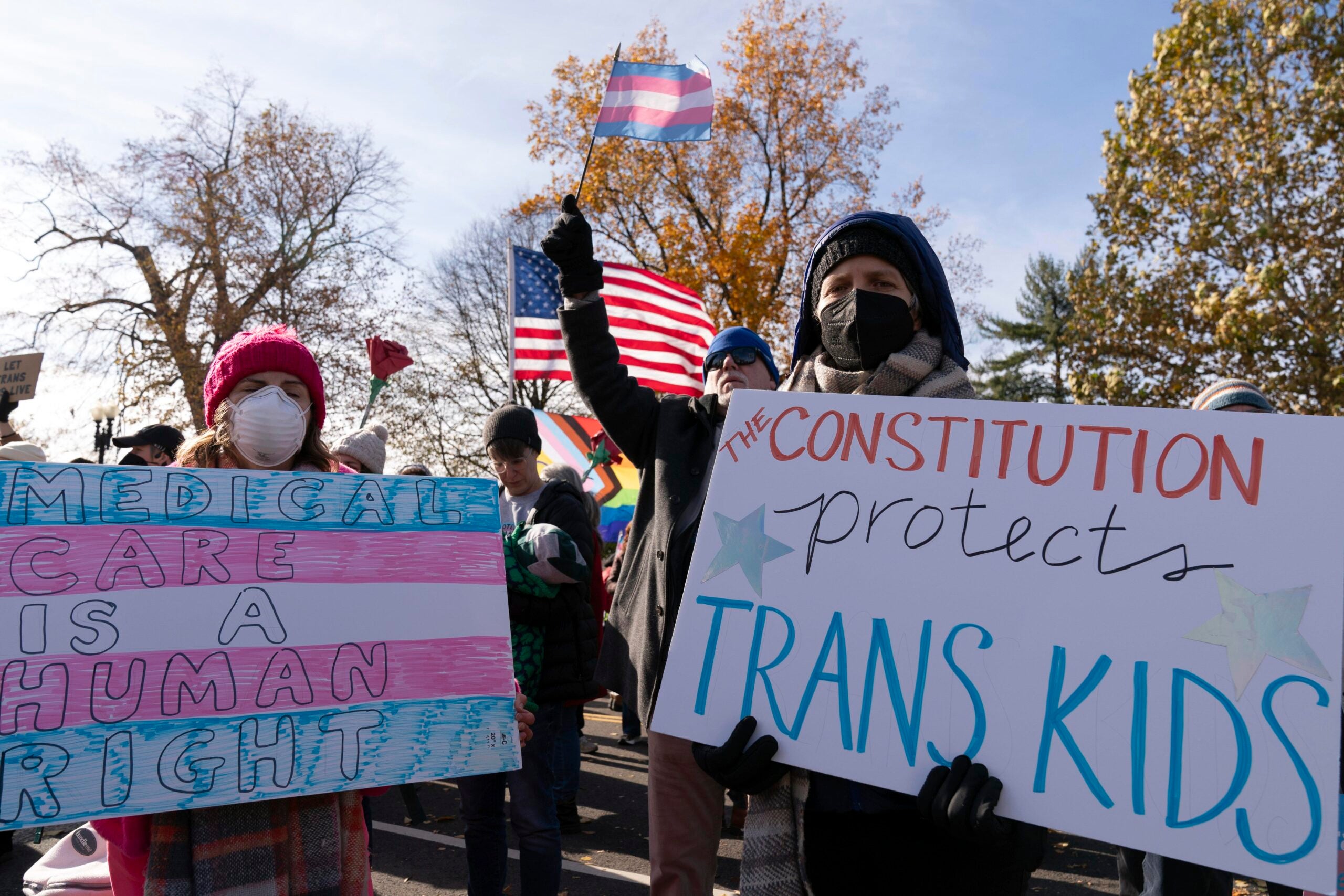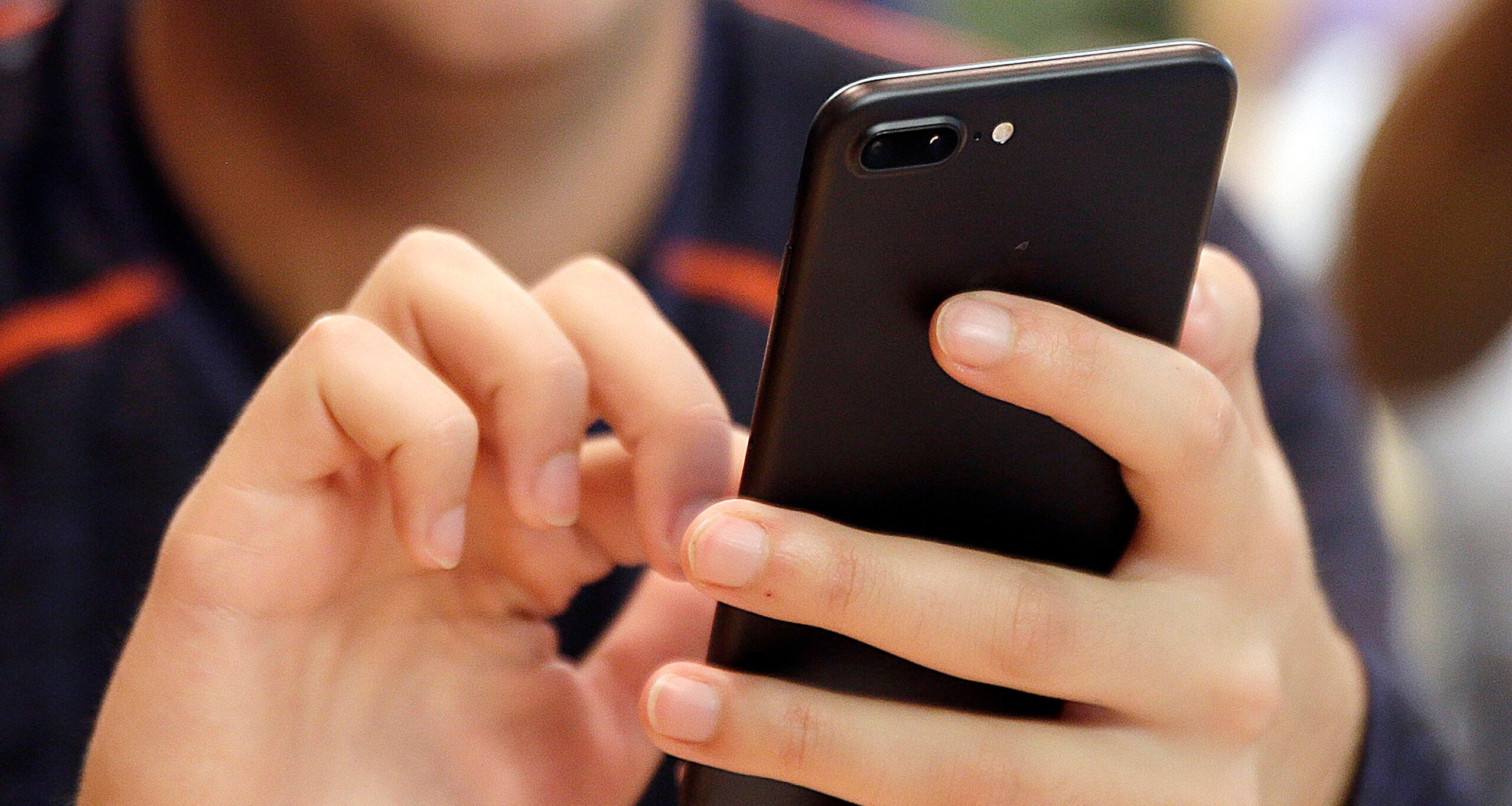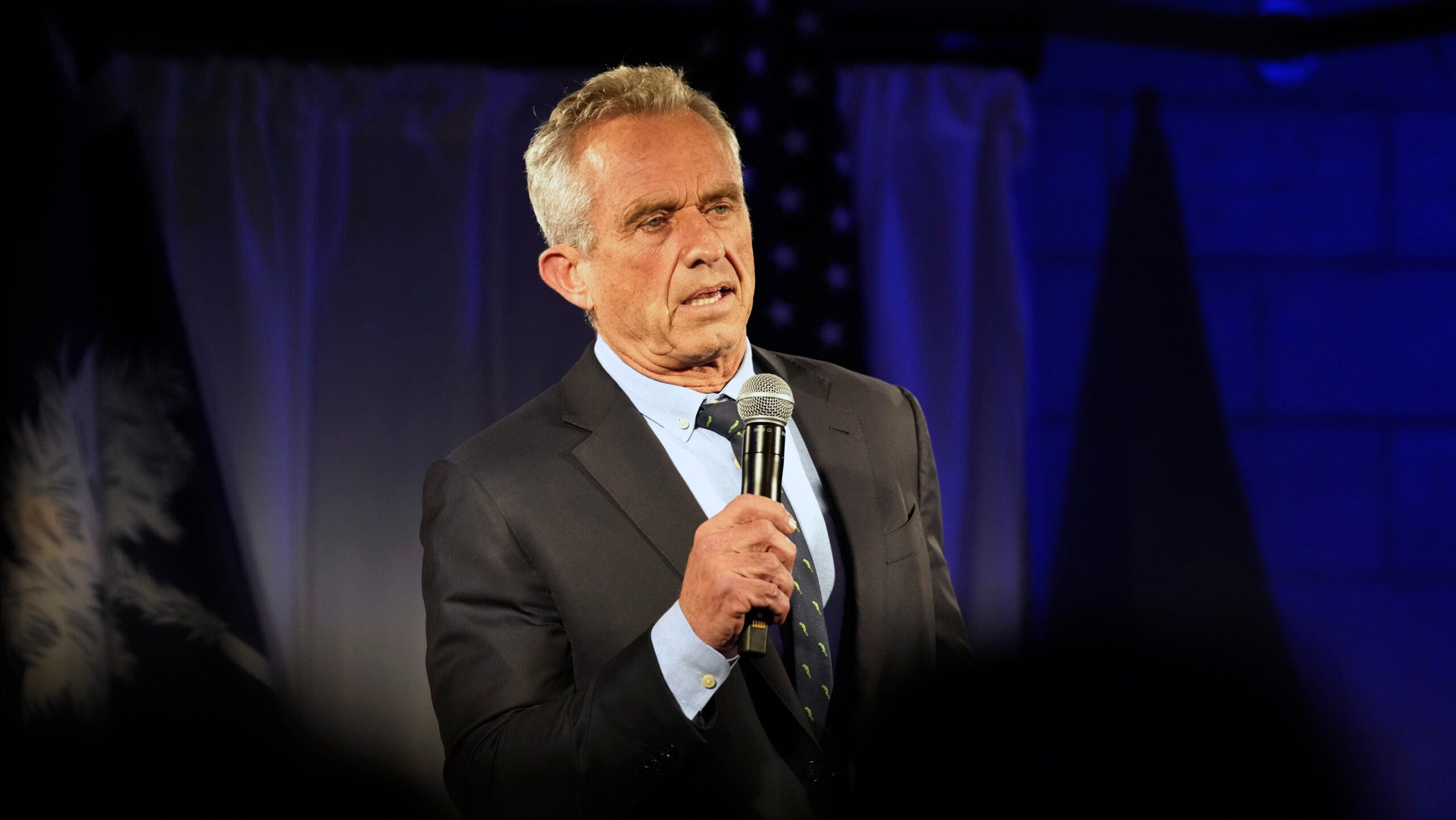A Dane County circuit court judge on Monday ruled against an attempt by Robert F. Kennedy Jr. to remove his name from the Wisconsin ballot.
Judge Stephen Ehlke said arguments that Kennedy’s rights would be violated if he remained on the ballot were outweighed by constitutional and state law concerns, and a request to cover his name with a sticker would be functionally impossible under existing deadlines.
“The bottom line here is that Mr. Kennedy has no one to blame but himself if he didn’t want to be on the ballot,” Ehlke said.
News with a little more humanity
WPR’s “Wisconsin Today” newsletter keeps you connected to the state you love without feeling overwhelmed. No paywall. No agenda. No corporate filter.
The ruling comes after Ehlke previously denied Kennedy’s request for an injunction, and just days before county and local clerks must send out ballots, according to deadlines set by federal and state law.
Kennedy’s attorney told WPR he will appeal the decision.
Meanwhile, Kennedy’s status in Wisconsin is still pending in a Waukesha-based appeals court. The judge in that case has deferred judgment until Ehlke’s ruling.
County clerks must deliver ballots to local clerks on Wednesday — 48 days out from the election — which means that many have already printed the materials. Municipal clerks must mail out absentee ballots to certain voters, including overseas and military voters, by Thursday.
A spokesperson for Wisconsin Elections Commission told WPR some clerks have already sent absentee ballots out in advance of the deadline.
Kennedy met the Aug. 6 deadline to submit materials to appear on Wisconsin state ballots as an independent candidate, but dropped out weeks later and endorsed former President Donald Trump.
He has since lobbied to remove his name from the ballot in Wisconsin and other swing states, expressing concerns that his presence will pull votes from the Republican ticket.
His efforts in Wisconsin were unsuccessful, with the Wisconsin Elections Commission determining that state law says any candidate successfully files nomination papers and is found to qualify cannot subsequently decline to be on the ballot.
The exception, commissioners said, is if a candidate dies before election day. In some of those cases, a candidate’s name may be covered with a sticker. Kennedy’s lawyers argued Monday that clerks should be permitted to put stickers over Kennedy’s name in a similar manner.
During brief arguments earlier in the day, Assistant Attorney General Steven Kilpatrick appeared on behalf of the Wisconsin Elections Commission and said the burden of adding stickers was significant.
He said that the man-hours required for clerks to acquire and place the stickers could not be accomplished under required deadlines for preparing and mailing out ballots, and that the stickers could gum up tabulating machines.
“It is impossible for these county clerks and municipal clerks to meet their federal and state deadlines,” Kilpatrick said.
Kennedy’s Wisconsin attorney, Joseph Bugni, argued Monday that WEC should have proven that the sticker process would be onerous. Barring that testing, he said, “we want Kennedy’s rights” to prevail.
Kennedy has sought to remove his name from the ballots of many swing states, expressing concern that his presence would pull votes from Trump. He has also filed requests to remove his name from ballots in other swing states, including Georgia, Michigan, Nevada, North Carolina and Pennsylvania. Those efforts have been successful in Nevada, North Carolina and Pennsylvania.
Wisconsin Public Radio, © Copyright 2025, Board of Regents of the University of Wisconsin System and Wisconsin Educational Communications Board.







